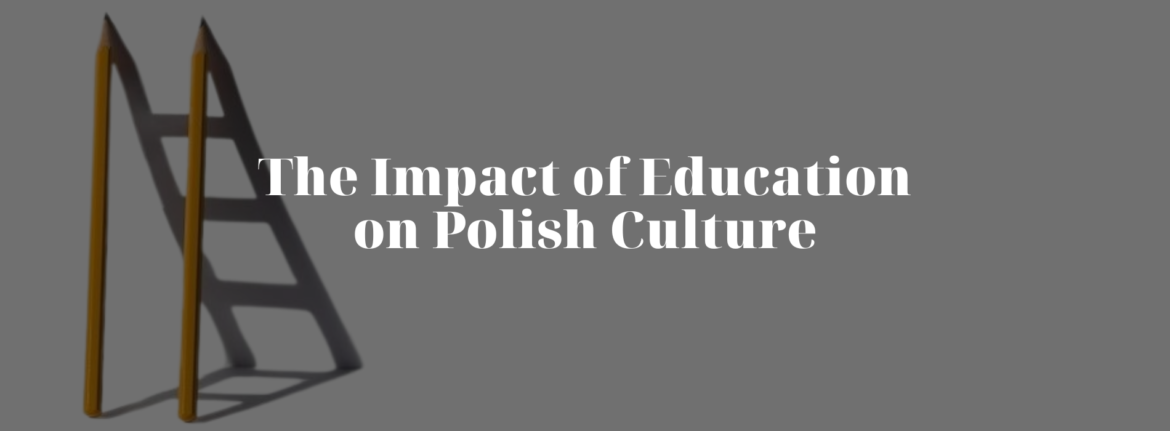Education has always been a cornerstone of any society, and Poland is no exception. The Polish education system has undergone significant transformations over the years, shaping not only the minds of its students but also the culture of the nation. This article explores the impact of education on Polish culture, focusing on the role of schools and universities.
Historical Overview
Poland’s education system has its roots in the Middle Ages, with the establishment of the University of Krakow in 1364. However, the modern Polish education system has been shaped by the country’s tumultuous history, particularly the periods of partition and communism. The education system has undergone several reforms, adapting to the changing political and social landscape of the country.
The Role of Schools
Schools in Poland play a crucial role in shaping the nation’s culture. They are responsible for imparting not only academic knowledge but also cultural values and traditions. The curriculum in Polish schools includes subjects like history and literature, which provide students with a deep understanding of Polish culture and heritage. Schools also organize cultural events and celebrations, further promoting Polish traditions.
The Role of Universities
Universities in Poland have a significant impact on the country’s culture. They are centers of intellectual and cultural activity, hosting various events like lectures, exhibitions, and concerts. Universities also contribute to cultural preservation and development through research and studies in fields like history, linguistics, and anthropology.
The Impact of Education on Polish Culture
Education has a profound impact on Polish culture. It shapes the way people think, behave, and view the world. Through education, individuals learn about their cultural heritage and develop a sense of national identity. Education also promotes cultural diversity and tolerance, fostering a culture of respect and understanding.
Education also plays a crucial role in cultural preservation. Through subjects like history and literature, students learn about their cultural heritage, ensuring that it is passed on to future generations. Schools and universities also contribute to cultural preservation through research and documentation.
Moreover, education contributes to cultural development. It encourages critical thinking and creativity, fostering innovation and progress. Through education, individuals are equipped with the skills and knowledge to contribute to the cultural development of their society.
The Cultural Impact of Educational Reforms
The education system in Poland has undergone several reforms over the years, each of which has had a significant impact on the country’s culture. For instance, the reform in 1999, which changed the overall organisational structure of the education system, led to an increased focus on core subjects, thereby enhancing the cultural knowledge of students. Similarly, the 2017 reform introduced by the PiS government led to a more Polish-centred and Eurocentric focus in the history syllabus, thereby promoting a deeper understanding of Polish culture and heritage among students.
The Role of Foreign Languages in Polish Education
The teaching of foreign languages in Polish schools also has a significant cultural impact. By learning foreign languages, students gain exposure to different cultures, thereby promoting cultural diversity and understanding. The most commonly taught foreign languages in Polish schools are English, German, French, Spanish, Russian, and Italian.
Conclusion
The Polish education system plays a vital role in shaping the country’s culture. Through its structure, curriculum, and reforms, it promotes a deep understanding of Polish culture and heritage among students, thereby contributing to cultural preservation and development. As Poland continues to evolve, so too will its education system, continuing to shape the nation’s culture in the years to come.
